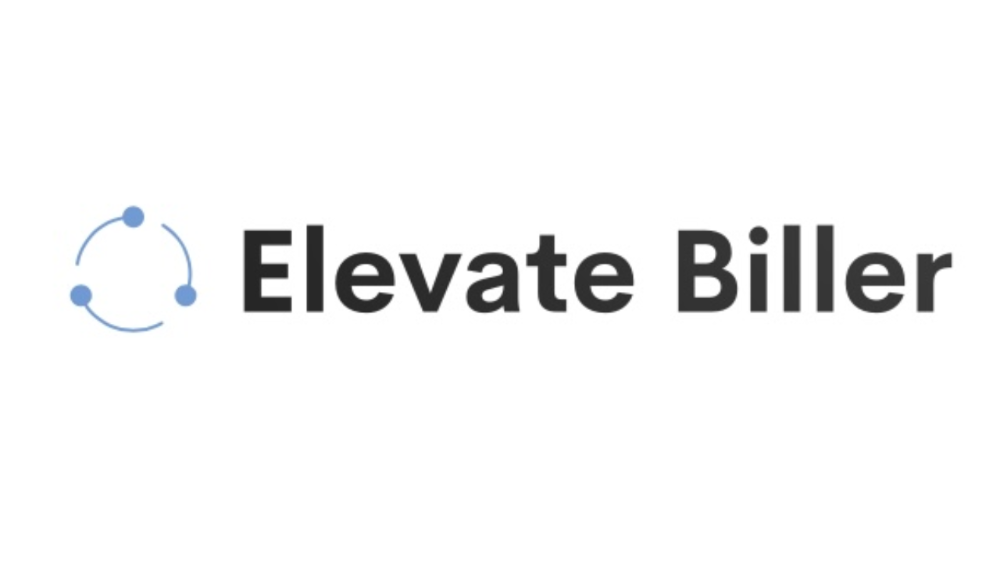Decoding Denials: The CO-16 Trap — How Missing Data Stops Your Part A Claim Cold
Nov 18, 2025
Every SNF biller has felt this frustration. You submit a Part A claim expecting it to move, only to find it sitting in return to provider (“RTP”) with a CO-16 error. Another delay. Another stop in cash flow.
CO-16 is one of the most common, costly, and preventable barriers to timely Medicare payment.. These errors can appear on any claim submitted to Medicare—whether through a clearinghouse, billing software, or direct entry—and typically indicate that one or more required claim fields are missing, incomplete, or invalid. The good news is that once you understand why these edits fire, you can eliminate most of them before they are submitted.
Why CO-16 Matters in Part A Billing
For billers, CO-16 is one of the fastest ways for a clean claim to turn into an avoidable cash-flow delay. Unlike clinical denials tied to documentation or medical necessity, CO-16 is purely technical. It’s a data integrity failure. The system rejects or returns the claim because something essential—like an occurrence code, value code, or patient status—is incomplete or inconsistent. These errors appear as five-digit Reason Codes (often starting with '3') in DDE/FISS; however, it's important to note that some occurrence codes may begin with a 5, and some value codes may begin with a 2.
Common FISS/DDE Reason Codes Under CO-16
|
Reason Code |
Description |
CARC/RARC Cross-Walk |
Typical SNF Example |
|
30905 / 30906 |
Adjustment claim cannot match the original claim. |
CO-16 + MA130 |
Adjustment submitted before original claim finalized in CWF. |
|
30919 |
Duplicate claim already posted to CWF. |
CO-97 + N350 |
Resubmitted original claim instead of using a corrected claim (TOB 7). |
|
32243 |
Revenue code line billed without charges. |
CO-16 + M51 |
Therapy or ancillary service line entered with $0.00 charge amount. |
|
32352 |
Invalid Type of Bill (TOB) for service/HCPCS. |
CO-16 + MA130 |
Billed TOB 213 instead of 214 for Part A PPS stay. |
|
38117 / 38119 |
Claim out of sequence; prior claim pending. |
CO-97 + N362 |
July claim submitted before June’s claim finalized in FISS. |
Real Scenarios that Trigger C0-16
- Missing Occurrence Code 50: You prepare a Part A claim for a resident who transferred units mid-month, but the 50 code was never updated. FISS rejects the entire claim with CO-16 and MA130.
- HIPPS Mismatch: The MDS was modified after you exported the claim file. FISS compares the HIPPS from the claim to CWF and returns it unprocessable.
- Zero-Dollar Ancillary Line: A therapy assistant accidentally keyed a $0 charge under revenue code 420. FISS flags Reason Code 32243 and blocks the claim from adjudication.
- TOB Error: You submit with 213 instead of 214. FISS cannot match the claim to an existing stay and kicks back CO-16.
Financial Impact
Even a small number of CO-16 denials can delay thousands of dollars for your SNF. For example, if just 3% of a 100-bed SNF’s monthly Part A claims are returned unprocessable due to CO-16 edits, that can delay more than $75,000 in reimbursement each month for the facility. Patient care, staff pay, facility margin - or all of the above - could suffer as a result.
What Do I Do Now?
If you are seeing CO-16 errors regularly, focus on tightening your claim-building workflow before the file ever reaches FISS. Start by reviewing your pre-bill audit checklist and confirming that all required data fields are being verified consistently. Pull recent CO-16 RTP claims and identify patterns: missing Occurrence Codes, HIPPS mismatch, invalid TOB, or zero-dollar ancillary lines. From there, partner with clinical and MDS teams to close any recurring data gaps. Most CO-16 issues disappear once your UB-04 fields are complete and your MDS data aligns with the billing period.
Root Causes to Audit
- Missing or mismatched occurrence codes (22, 50, A3)
Missing or incorrect value codes (80–85) - Invalid or missing provider NPI/PTAN
- HIPPS code mismatch between claim and final MDS
- Incorrect Type of Bill or frequency code
- Revenue code without corresponding charge amount
What to Validate Before Submitting a Claim
- Claim identifiers
- Occurrence and Value Code accuracy
- HIPPS and MDS alignment
- Revenue code completeness
- Provider and patient data integrity
The Bottom Line
CO-16 denials are preventable. Most occur because of incomplete data validation or lack of coordination between billing and clinical teams. With the right pre-bill audit steps in place, your claims will pass Medicare’s front-end edits on the first attempt, and your cash flow will improve immediately.
Download the Free SNF Biller Starter Tool Kit:
Top 5 Billing Mistakes and How to Avoid Them
Download your free toolkit today so you can stop second-guessing and start billing with confidence.
We hate SPAM. We will never sell your information, for any reason.

